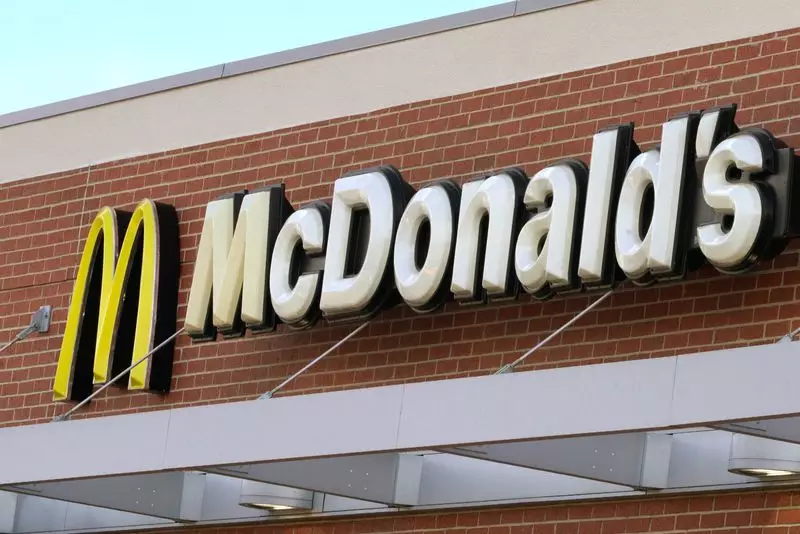In an alarming turn of events this week, McDonald’s grappled with a serious E. coli outbreak linked to its beloved Quarter Pounder burgers. This health crisis has tragically resulted in one death and has sickened nearly 50 individuals across several states. The U.S. Centers for Disease Control and Prevention (CDC) reported that 10 of those affected have required hospitalization due to severe complications. As contaminated food poses a significant risk to public health, the CDC is actively investigating the outbreak and its origins.
There is clearly a heightened sense of urgency as McDonald’s scrambles to withdraw the Quarter Pounder from over a fifth of its 14,000 locations in the U.S. This fast action reflects the chain’s awareness of the potential fallout from foodborne illnesses, which historically have caused lasting damage to comparable food chains. The words of CDC spokesman Tom Skinner indicate a grim outlook: “We fully expect to see more cases.” These assertions underscore the immediate threat to public health and consumer trust in one of the largest food franchises in the world.
Building Trust Amid Crisis
McDonald’s President, Joe Erlinger, emphasized the company’s commitment to rebuilding trust with its customer base during this turbulent time. The immediate removal of the Quarter Pounder is only the first step in a much more extensive plan that includes scrutinizing the supply chain for slivered onions and beef patties—both under investigation. The fast-food giant’s stock price plummeted by nearly 5% amidst growing concerns over the outbreak, demonstrating that financial ramifications often follow health crises in the food industry.
In the twisted world of consumer perception, one foodborne illness incident can leave long-lasting impressions. Historical precedence reveals that brands like Chipotle have faced significant struggle following similar outbreaks. Chipotle spent a grueling 18 months working towards consumer stabilization post-2015 E. coli contamination. The memory of Jack in the Box’s 1993 incident looms large, serving as a cautionary tale; it took that company four quarters to recover from a scandal that claimed the lives of children due to contaminated beef. These cases are stark warnings for McDonald’s as they navigate this precarious situation.
The strain E. coli O157:H7 implicated in this outbreak is particularly harmful, especially for vulnerable populations, including the elderly and immunocompromised individuals. Shari Shea, director of food safety at the Association of Public Health Laboratories, has highlighted the severe health risks associated with this strain. The nature of such bacteria is alarming; it thrives in undercooked ground beef and poorly handled produce. McDonald’s suppliers claim regular testing protocols were in place, yet the presence of the E. coli strain within their supply chain raises significant questions.
Despite assurances that no harmful strains were identified during routine checks, the unfolding outbreak stresses the need for stricter oversight. The lack of immediate detection reflects larger issues regarding food safety standards in fast-food chains, and it raises doubts about the effectiveness of the current testing protocols. More proactive measures must be instituted, as the worst-case scenario could involve further illnesses or widespread contamination across various suppliers.
The repercussions of this health crisis transcend public health concerns—they ripple into the financial realm as well. Analysts predict that the E. coli outbreak may impose notable pressure on McDonald’s fourth-quarter sales, though comparisons to past crises involving Chipotle or Jack in the Box may lend perspective on the potential fallout.
The swift identification of the outbreak’s source and corrective actions, such as pulling the Quarter Pounder, could mitigate damage. However, lingering worries about consumer response linger like an unwanted shadow. On a corporate level, the challenge lies in addressing both immediate health and safety concerns while simultaneously regaining consumer confidence.
McDonald’s current predicament serves as a clarion call for enhanced food safety standards within the fast-food industry. With public health at stake, consumers demand accountability, transparency, and a renewed commitment to quality from their favorite franchises. The journey to restore trust may be long, but it begins with action—an imperative that McDonald’s has only just begun to face.

